In the Rwandan Genocide Memorial gift shop I bought a handy Kinyarwanda–Kiswahili–English phrase book. The tipping point in the decision to buy it were the phrases ‘This gentleman will pay for everything’, ‘Would you like to dance?’ and ‘What do you call this?’ Our Genocide Memorial museum tour was the sobering prelude to a cycling tour of the volcanoes in the northwest of the country. With this phrase book in my possession, I now felt equipped to deal with almost any situation should I become detached from the rear of the peloton and lost.
In the event, however, I kept up because every hour or so there was a rest stop to take on fluid and allow the laggards to catch up. During these halts the cycling team would quickly be surrounded by astonished local children, then adults. Amazingly, given its adjacency to unstable eastern Congo, northwest Rwanda is ‘safe’ and open to tourists, though I saw few others along the way and we were a sensation wherever we went.
At each rest stop I would come puffing up last by which point our cycling party would already be thoroughly rested. Speechless with exhaustion, I would throw my bike down, then myself, as if I’d been shot, and shake my head despairingly at any approach made by the local children for a comment or a reaction. Then the signal would be given to remount. It wasn’t until the third day that my stamina had increased enough to remain upright during some of these halts.
On one occasion we stopped for a breather at the bottom of a long hill. About 50 locals were clustered around scrutinising us. I was standing with my bike apart from the main group and attracting no attention when a boy of about ten (the same age as my grandson), a barefoot, gentle soul in filthy rags, came and stood about five yards off to consider me and my two and a half grand’s worth of electric bike.
He was a timid lad and I beckoned him to come forward and take a closer look if he was interested in anything in particular about the ridiculous ensemble. He obediently did so and tremulously inspected the gear-change mechanism on the handlebars and the assisted power buttons. Meanwhile a tiny tot, a male, also in rags, staggered up and reached up to offer something clasped in his muddy little hand. It was a small potato. Relieved of his present, he didn’t wait to receive thanks and tottered purposefully away.
To get a better look at the assisted power buttons, the older boy leaned his body against my leg. This trusting, intimate gesture might have been natural to him but it affected me profoundly and I wanted to ask him about himself. Then I remembered the phrase book I’d bought at the Genocide Memorial gift shop. It was still in my trouser-leg pocket. I whipped it out and found the Kinyarwanda phrases for ‘What is your name?’, ‘How old are you?’ and ‘My name is’.
His name was Cedric. He was nine. Softly and hesitatingly Cedric started reading aloud from my open phrase book like an earnest pupil being examined. I tilted it towards him so he could see the words better. He methodically read out each phrase on the page in Kinyarwanda, Kiswahili and English. I read quietly alongside him, helping him over any small difficulties of English or Kiswahili pronunciation.
Then the tot stamped up again holding aloft another tiny spud, which caused merriment in a spare, rangy, ragged man now standing about six feet away. I accepted the potato with thanks and looked at the man’s face. This was the proud father, I think, of the young scholar. I saw widely spaced front teeth in the one of the humblest, kindest, most memorable faces I have seen.
Cedric and I continued to read quietly together from the phrase book. The intimacy of the ragged boy’s earnest manner and his ragged father’s happiness at seeing his boy read had the curious effect on me of making time stand still. Cedric and I had articulated six pages of phrases in three languages when the signal was given to remount.
The tour leader had advised us not to give out cash or presents to children. I think he said it was also the wish of the President, Dr Paul Kagame. I remounted, pushed the phrase book into Cedric’s hand and pedalled away. How I wish I had given him all the cash I had on me and taken down his name and address and sponsored him through school. I am so stupid. However, Cedric, from my heart: Noheli Nziza! Krismasi njema! Happy Christmas! I haven’t stopped thinking about you. Or your father.
Got something to add? Join the discussion and comment below.
Get 10 issues for just $10
Subscribe to The Spectator Australia today for the next 10 magazine issues, plus full online access, for just $10.
You might disagree with half of it, but you’ll enjoy reading all of it. Try your first month for free, then just $2 a week for the remainder of your first year.


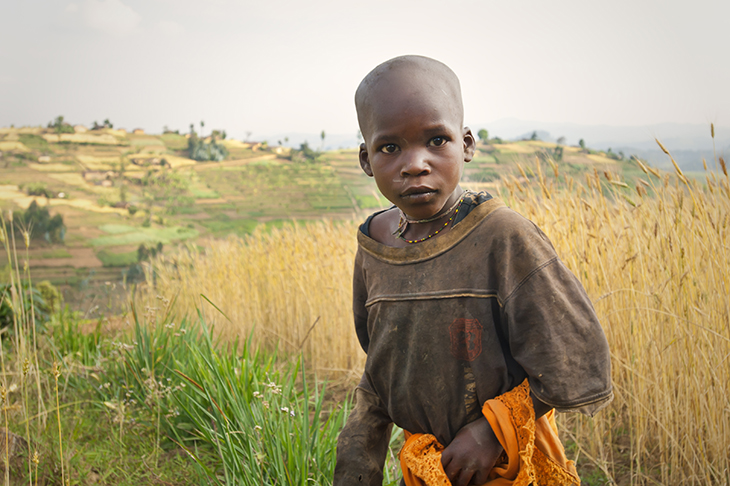
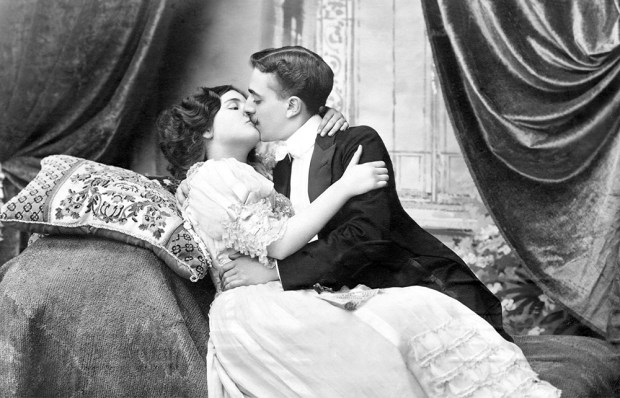
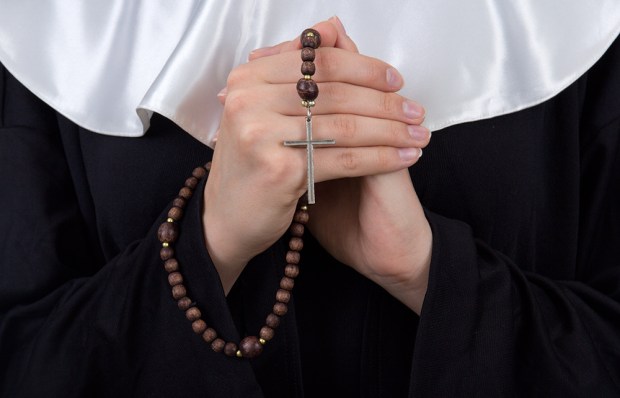


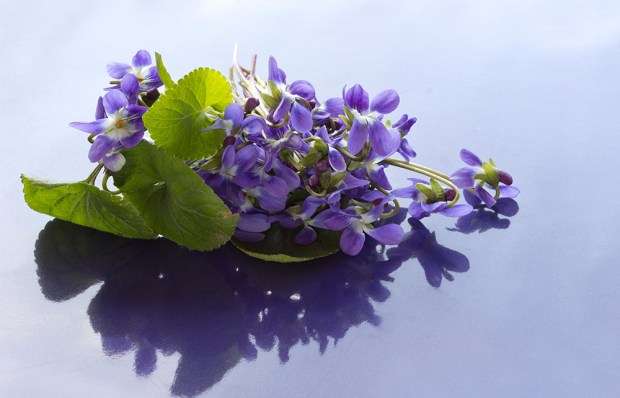
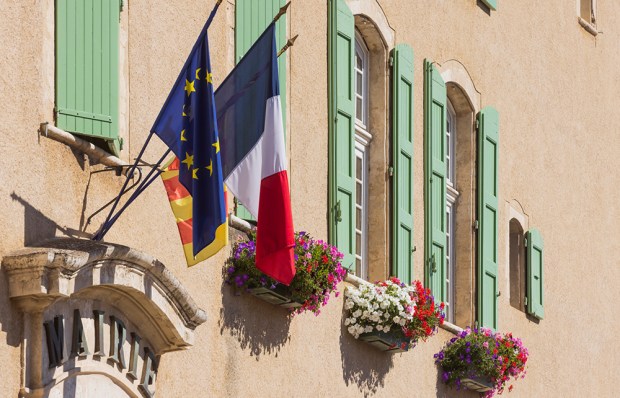






Comments
Don't miss out
Join the conversation with other Spectator Australia readers. Subscribe to leave a comment.
SUBSCRIBEAlready a subscriber? Log in